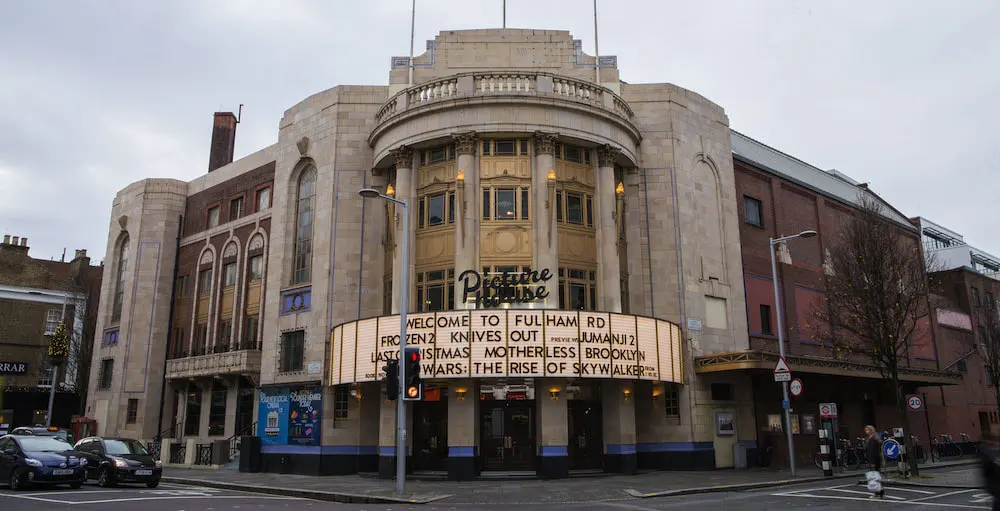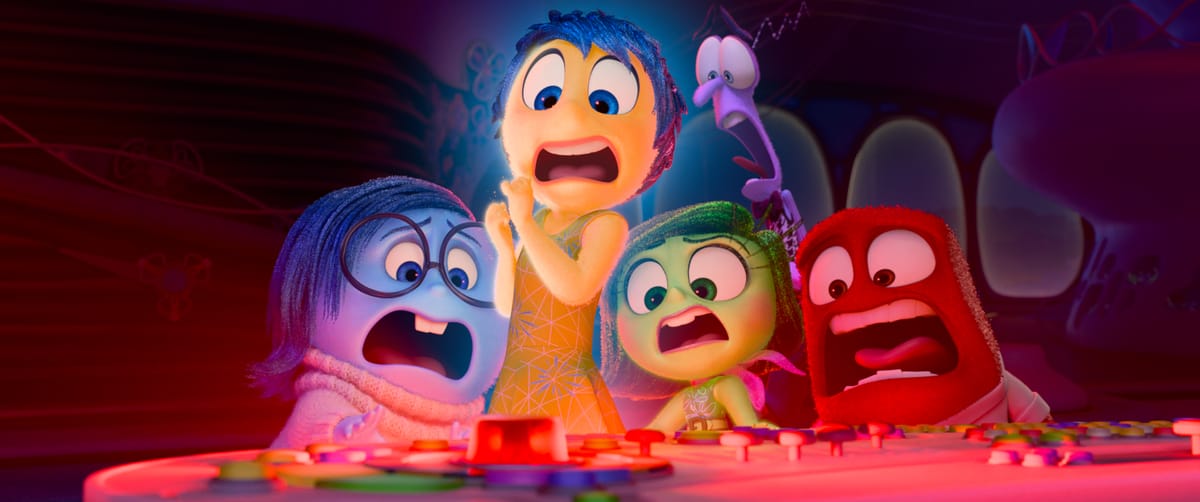A Tall Tale of Twisters

Watching the Hollywood box office numbers and trying to deduce anything from it is a bit like being in a tornado. Brooks Barnes:
So much for those theories about moviegoers being hungry for original stories.
After a dismal start to the summer ticket-selling season — Memorial Day weekend attendance was the lowest in 43 years — Hollywood has bounced back by delivering nostalgia-heavy sequels. The latest is “Twisters,” a loose follow-up to “Twister,” the 1996 action-adventure about storm chasers in Oklahoma. “Twisters” was on pace to collect roughly $80 million in the United States and Canada over the weekend.
That total, easily enough for No. 1, turned heads in Hollywood. Box office analysts had predicted “Twisters” would take in about $50 million, citing prerelease surveys that track audience interest.
So Hollywood is back again. After being over again. After being back again. The reality is that here is about as deep as you can read into these numbers: if a movie features content (including stars) that people want to see at the right time, it will do well. Yes, it has to be marketed appropriately (so people will know that they can see it), which seems increasingly hard for Hollywood to do, but I believe it really is that simple. It doesn't require complex equations or deep-dives into the psyche of moviegoers. If you release something that people want to see, they will see it.
It's weird because it's different than it used to be. In the old days, people would go see almost anything. There were fewer movies released and in the summer time, movie theaters had air conditioning. As such, the industry grew but as is always the case, overdid it. There are now far too many theaters for the vast majority of releases and so supply and demand is broken most of the time. But every once in a while there's a massive hit which tricks Hollywood into thinking it can all still work. But it's an obviously biased fallacy.
If you could predict exactly which movies will be hits and which will not, and as such, only release the hits, you'd get closer to the model working again, sure. But there would be other, tangential elements to it. For example, you would need to exactly space out those hit movies to maximize capacity and some of those hit movies would overlap with audiences while others would be more complementary. And there would undoubtedly be second-order effects of all this which would still cause things to break.
But, of course, you can't predict all of this exactly. And it's looking increasingly hard to do so, which is why we're now seeing wild misses on these tracking numbers (in good and bad ways). There are simply too many variables in peoples' lives (and most importantly, time) which will cause them to go see or not go see a movie. Most people predicted that Furiosa – a follow-up to a huge hit – would be a huge hit. It was not. Same with Fall Guy, which had two of the highest profile and "bankable" stars in a "fun" movie. Nope.
There's a parallel story to Twisters huge haul playing out right now too:
“Fly Me to the Moon,” an original romantic caper starring Scarlett Johansson and Channing Tatum that agents sold to Apple TV+ for $100 million, has only taken in about $16 million in two weekends of wide domestic release.
This one, I'd argue, has just as much to do with Apple being awful at marketing their content. Which is wild given that it's Apple! The company perhaps best known for its marketing prowess – of any company in the world! They can't seem to crack the Hollywood nut here for whatever reason. This is anecdotal, but no one seemed to know about Fly Me to the Moon. You obviously won't go to see what you don't even know is out. Again, in those old days people would go to see whatever was playing. That's not the case any longer.
But even if Apple had hit a home run in marketing Fly Me to the Moon, would it have been a huge hit? Impossible to know for sure, but my bet would be "no". It's just not a great movie for theaters these days, sadly. Maybe if it had some sort of viral element in the marketing around it, a la Glen Powell's Anyone But You. But again, it's all just sort of right place, right time. Sure, some of that is manufactured, but a lot is random. You don't know what will work.
Which is to say that it's all much more of an art than a science, which Hollywood should appreciate. And adapt to. By closing a lot of theaters and narrowing the swings they take in that channel. While getting more flexible as well, pulling movies that clearly aren't working sooner and perhaps even "graduating" up some movies that are working on streaming at the last-minute. Cultivating new hits on streaming and then using theaters to quickly take advantage of such buzz with quick sequels. Etc. Etc. Etc.
There are so many ideas and ways to do all of this, but we're still just relying way too much on the old: release in theaters, pray, wait several weeks, release on VOD and see if it will get legs there, then wait several more weeks and push to streaming to see if that's where it will find its legs. Then television. Then maybe Netflix.




